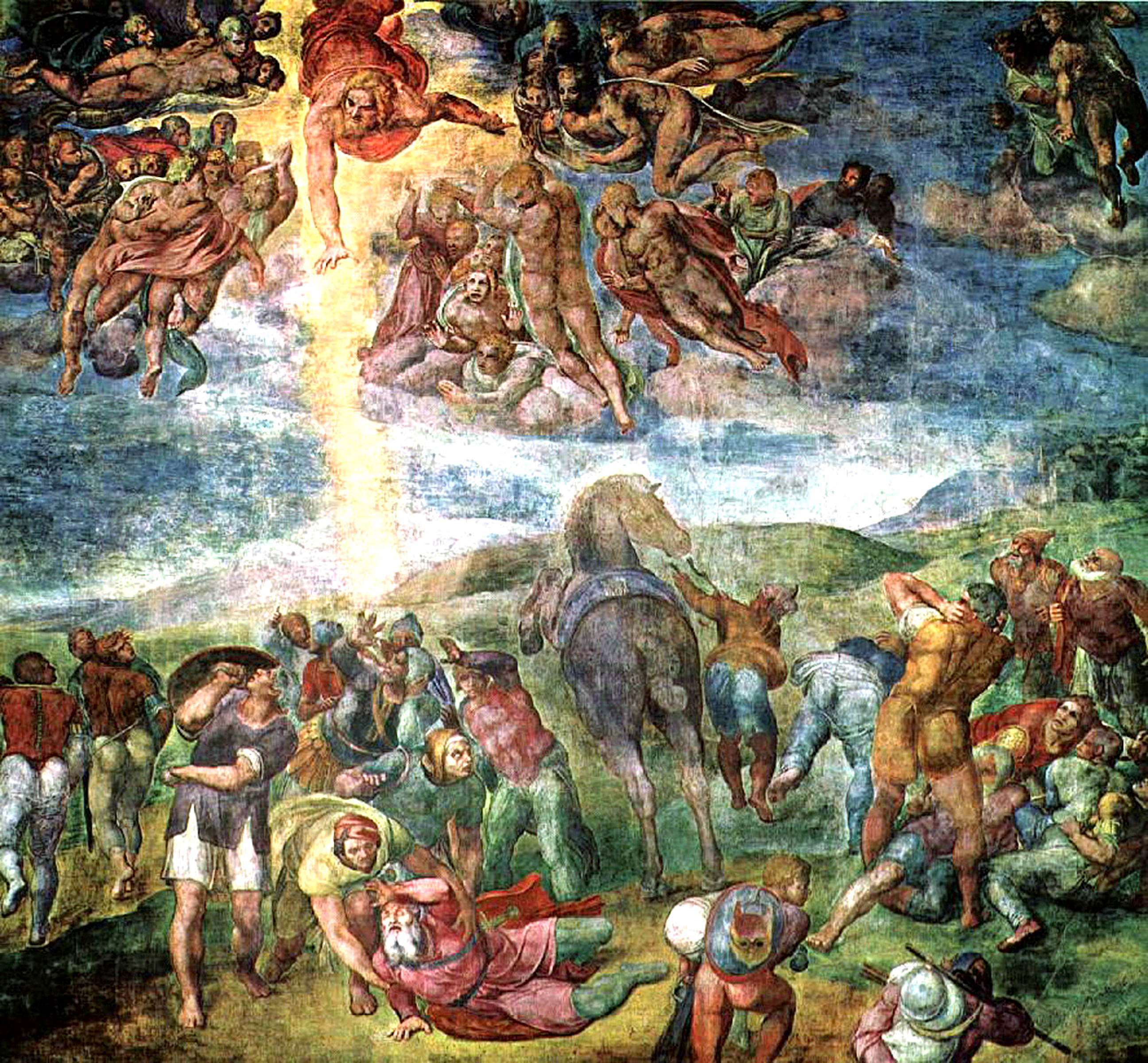One feast day that often slips by without notice is the feast of the Conversion of St. Paul. This miraculous event, which has been part of the Church calendar for more than 1,500 years, is an unmovable feast — that is, it is always on the same calendar date, Jan. 25. (Some years, the feast day falls on a Sunday, and because only a Solemnity or a feast of Our Lord can trump the Sunday liturgy, the feast of the Conversion of St. Paul is not always widely commemorated then.)
But these calendar circumstances in no way diminish the importance of Paul’s conversion, as he was among the greatest of the missionaries spreading the words of Jesus Christ. Further, he is an example that anyone, even the most hardened unbeliever or the vilest heretic, can be created anew by our loving Savior.
Road to Damascus
Saul, which is Paul’s given name, was born into a Jewish family in Tarsus (Turkey) around the year A.D. 8; he was also a Roman citizen, a fact that would play a large role later in his life. Schooled as a Pharisee, he was a tent maker by trade, but was most noted for his hatred of Christians. He believed the teachings of Jesus violated Mosaic Law and zealously harassed, and even jailed, anyone who followed those teachings.
The first scriptural mention of Saul is found in Acts 7:58, as he is a bystander watching his fellow Jews stone St. Stephen to death. An aggressive persecutor of Christians in Jerusalem, Saul sought and received permission from the high priest to proceed to Damascus for the purpose of imprisoning more followers of Christ.
Most Christians know the story of what happened on the Damascus road: the bright light that knocked Saul down, the voice of Jesus, Saul’s blindness and immediate response to the calling of Christ. In the manner of the first Apostles who, when beckoned by Christ, gave up their lifestyles to follow him, Saul too doesn’t hesitate. He says yes, just as the Blessed Mother said yes. Blinded from his encounter with Jesus, he allowed himself to be led into Damascus where he was baptized, after which he set out to spread the news of Jesus. Paul would repeat the story of his conversion again and again throughout his life, including to the different magistrates and kings who judged his activities. The book of Acts, in three places, tells the story of Saul’s experience on the Damascus road.
Impact of his conversion
Saul’s sudden change confused those around him, because he was known as one who hated Christians, who went about seeking them out to eliminate those individuals he genuinely considered as breaking Jewish law. Suddenly he was transformed from despising the followers of Jesus into fervently espousing the Gospel of that same Jesus. No one could have anticipated this conversion; it is one of the great miracles of mankind.
After his baptism, Saul, who would be called Paul in the 13th chapter of Acts, went to the desert of Arabia to pray and contemplate his calling.
He then returned to Damascus and into the synagogue, where he attested to the divinity of Jesus. While he had no Christian training, God infused words in his heart and in his mouth.
The Jews in Damascus would eventually connive against him. The threat grew so severe that other Christians assisted Paul in an escape that included lowering him over the city walls in a basket. This was only the beginning of the threats and attacks on Paul. Henceforth, he was often regarded as a social undesirable, an agitator and a leader of a dangerous sect.
From Damascus, he traveled to Jerusalem, where his reputation as a persecutor of Christians preceded him and Christians there were unsure and confounded by his appearance. Here he met and spent time with Peter, becoming even more determined to serve his Savior.
At the Council of Jerusalem, in the year 49, Paul successfully argued against the widespread belief that non-Jews seeking to become Christians would first have to convert to Judaism, which means comply with Mosaic Law, be circumcised and observe all Jewish dietary customs. Because of Paul’s persuasion, Christianity would become even more widespread.
Like the most fervent convert, Paul simply couldn’t get enough of Christ. With faith and courage inflamed by the Holy Spirit, Paul would spend the rest of his life going from country to country and town to town proclaiming Jesus as the Messiah, organizing and encouraging Christians to be resolute followers of Jesus, and nonbelievers to open their hearts to Christ, repent and be baptized. He would become known as the Apostle of the Gentiles (non-Jews) and his travels, letters and teaching changed the world.
Often in trouble, Paul was confronted, jailed (though angels rescued him), physically abused and repeatedly endangered and harassed for preaching the message he previously attacked. Despite all the dangers he encountered, Paul never faltered or failed his God. In the end, he would be taken to Rome as a prisoner and be beheaded for his teachings.
Why Paul?
Why would Jesus select the likes of Paul? There were certainly other devoted followers of Jesus available in those early days of the Church — followers ready to give their lives to proclaim Jesus Christ as savior of the world. But Jesus picked and converted this Pharisee, known as Saul, saying, “This man is a chosen instrument of mine to carry my name before Gentiles, kings and Israelites” (Acts 9:15). God selected this man who had a strong hatred of all Jesus stands for, a man who went into the houses of Christians and “dragging out men and women,” then “handed them over for imprisonment” (Acts 8:3). This man became God’s chosen instrument to spread the message of Jesus across the Middle East and parts of Europe. Certainly, our Lord works in mysterious ways.
D.D. Emmons writes from Pennsylvania. Originally appeared in Our Sunday Visitor.



